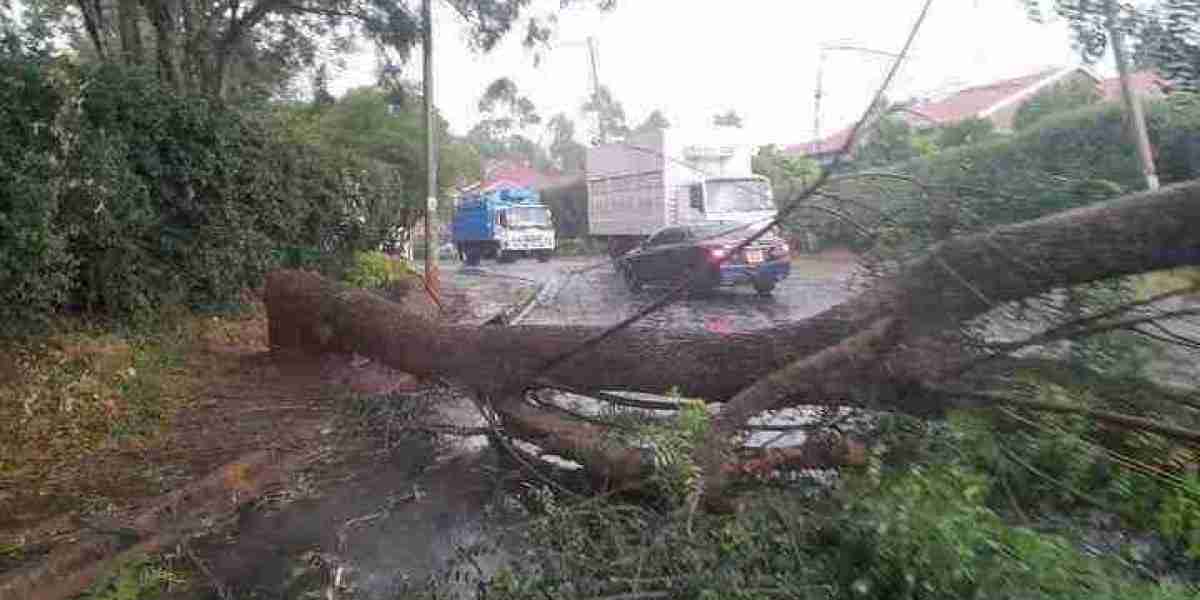The Kenya Red Cross has issued safety guidelines for flooding amid pounding rains in Nairobi.
"With rains pounding various parts of Nairobi County, it is crucial to know how to protect yourself and your loved ones from potential flooding hazards, "Red Cross wrote on X.
Red Cross advises Kenyans to beware of flash floods and evacuate immediately if they sense impending danger.
"Evacuate immediately to elevated areas," the organisation advises.
The humanitarian organisation advises against walking and driving through flood waters. This, they say, puts you at the risk of being knocked down by moving waters.
"Just six inches of moving water can knock you down and just one foot of moving water is enough to sweep your vehicle away," Red Cross writes.
The organisation further cautions against having activities along streams and rivers during heavy rainfall.
This puts you at the risk of being carried by floods if the rains cause flooding in the water bodies causing runoff.
To test the depth of the flooded area, it is advisable to use a stick before trying to navigate the area.
Red Cross advises that if your house is flooded, make sure that you switch off electricity from the main switch to avoid electrocution incidents.
"Avoid downed powerlines or muddy waters where power lines may have fallen."
To avoid misinformation, the organisation says that it is important that Kenyans follow flooding news and stay updated through designated TV and radio stations.
At least 23 counties have been affected by flash floods since March as heavy rains continue to pound several parts of the country.
The Kenya Red Cross in a statement on Tuesday said the heavy rains have affected Nairobi, the Coastal areas and the Central region.
Other regions affected by the heavy downpour include the Western Highlands, Rift Valley, Lake Victoria Basin, South-eastern lowlands and North-eastern regions.
"Since the onset of the March-April-May (MAM) rains, multiple counties have felt its effects, resulting in households being affected, displacements, establishment of displacement camps, submerged arable land, impacted businesses and livestock deaths," KRC said.
According to data by Red Cross, 24, 741 households have been adversely affected with 11,206 getting displaced due to the floods.



